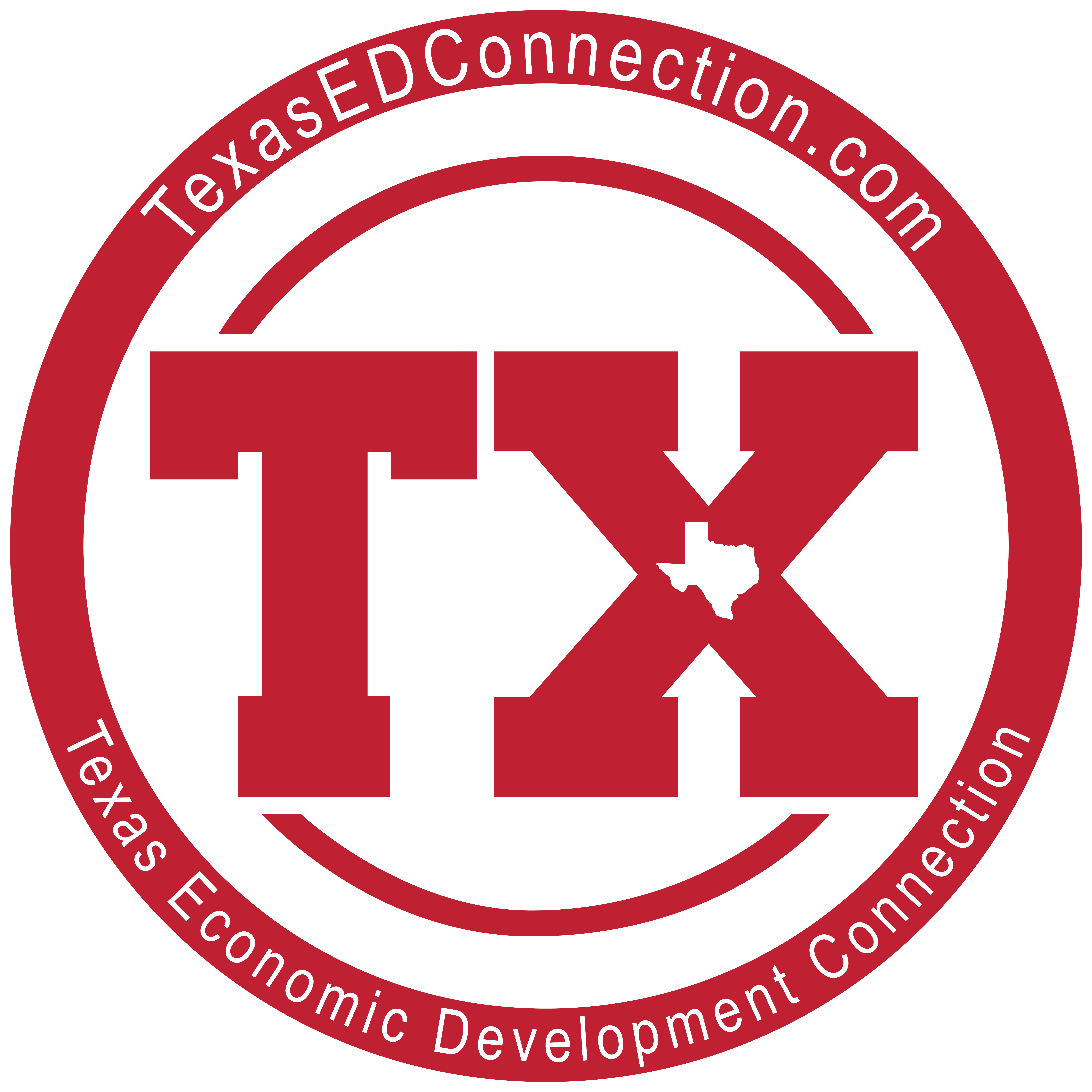In 2020, the world’s largest commercial real estate services and investment firm—CBRE—moved its headquarters from Los Angeles to Dallas. Financial services firm Charles Schwab merged with TD Ameritrade and relocated from San Francisco to Westlake, Texas. Obagi Cosmeceuticals, Cacique Foods, Kelly Moore Paints—so many companies in many different industries have opted to make their move to Texas.
Things like favorable tax rates, a more desirable cost of living, opportunities for employees, and a skilled workforce are often at the top of the list for businesses that choose to make the move to Texas. By nature, Texas has historically been a business-friendly state. The booming economy in the Lone Star State isn’t just based on oil and gas or agriculture; many companies from different industries such as automobile production, information technology, and digital technology have relocated to or expanded in Texas recently. Are you moving your business to Texas? There are so many beneficial programs and incentives for businesses. Read on to learn more about how to find incentives to move a business to Texas.
1. Go to your best source. Visit the Texas Economic Development Corporation’s—the state’s leading economic development agency—website. This is a great resource for information on business incentives as well as plenty of other advice about setting up your business and your life in Texas. In addition, the Texas Economic Development Corporation is composed of local experts who have the ability to help talk through some of the different options or incentive programs that might work for your business.
2. Create a team of trusted advisors. Accountants and lawyers are two different professionals that have experience with the paperwork, rules, and financial details of certain business incentives. They can also point you to some worthwhile business incentives in Texas. Trustworthy professionals can help you to wrap your head around the tax implications of different incentive programs too. They can also help you with setting up your business to get the best benefits from certain incentives.
3. Check out industry-based publications. Quite often, business-specific magazines and journals tend to publish informative articles on business incentives. Search online for the best resources in your industry.
4. Networking works wonders. Reach out to other businesses and business owners in Texas. This kind of connection-making can lead to some great knowledge gathering. Find out what incentive programs other businesses have taken advantage of; learn about how certain incentives have helped these businesses to grow.
5. Go to industry events. Attending conferences or other industry events for your business can be helpful. Presentations on Texas business incentives could be one informative feature of these kinds of events.
6. Reach out to a local office. There are local economic development offices that can help give information on local incentive programs or community resources. The Texas Economic Development website offers a lot of info on competitive incentives. From the Texas Enterprise Fund and the Enterprise Zone program to the Self-Sufficiency Fund, the state’s economic development office can help answer some questions about incentives, trust funds, opportunity zones, and other benefits. They even offer a Texas Business Incentives and Programs Overview.
7. Visit Uncle Sam. Certain incentives like the Texas State Small Business Credit Initiative (SSBCI) aim to help small businesses to grow and thrive. This incentive is run by the US Department of Treasury, and their website explains more in detail about the SSBCI. The Treasury provides information on a variety of small business programs; check out their website for more details.
8. Get to work. The Texas Workforce Commission has some information on programs like the Skills Development Fund (SDF), the premier upskilling program in the state of Texas. The SDF aims at giving tailored training opportunities for businesses and their employees with the end goal of increasing skills and wages of the workforce. Learn more at the Texas Workforce Commission’s website.
9. By the people. The People Fund has a goal of creating economic opportunity and financial stability for underserved communities. They aim to provide access to capital, education, and resources in the name of building strong small businesses. The People Fund has partnered with Texas to increase access to financing for small and medium-sized businesses, like through the Original Capital Access program.
Resources for Relocating a Business: For business owners, making connections before you move your business is key. The Texas Economic Development Connection offers an opportunity to speak with experienced economic developers who represent cities throughout Texas. This can help with the hunt for just the right location for your new business home. Check out the Relocation Planning Tool online.
Moving a business to Texas can be a challenge. The Texas Economic Development Connection provides business owners with expert advice as they navigate the business landscape of Texas. The Texas Economic Development Connection can help you on this journey; contact them at 214-775-0617.



